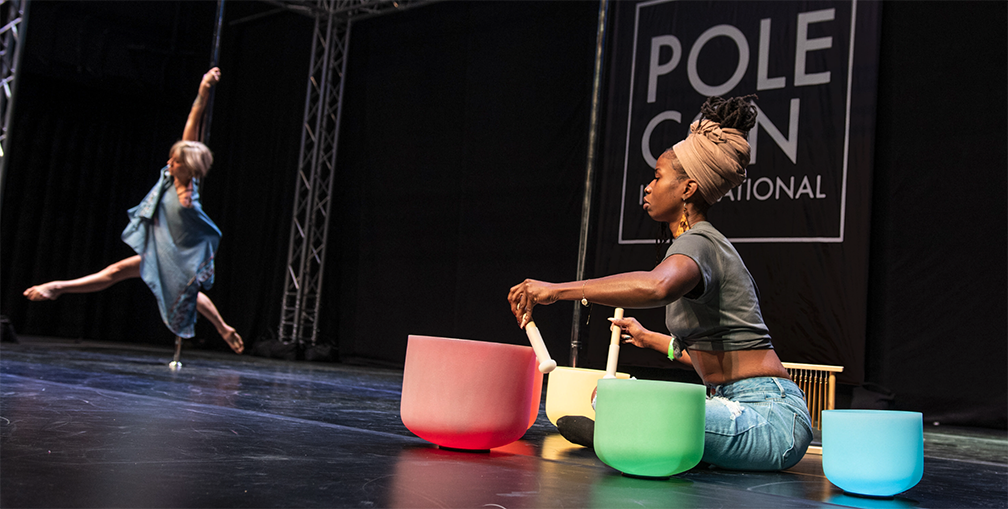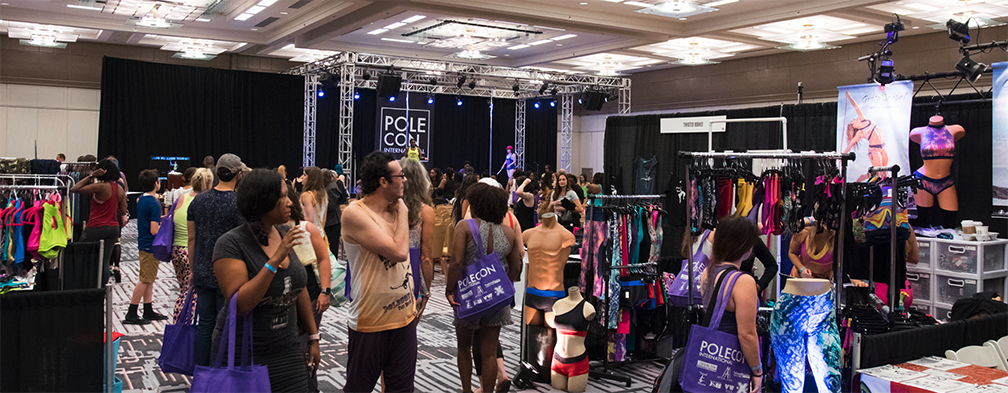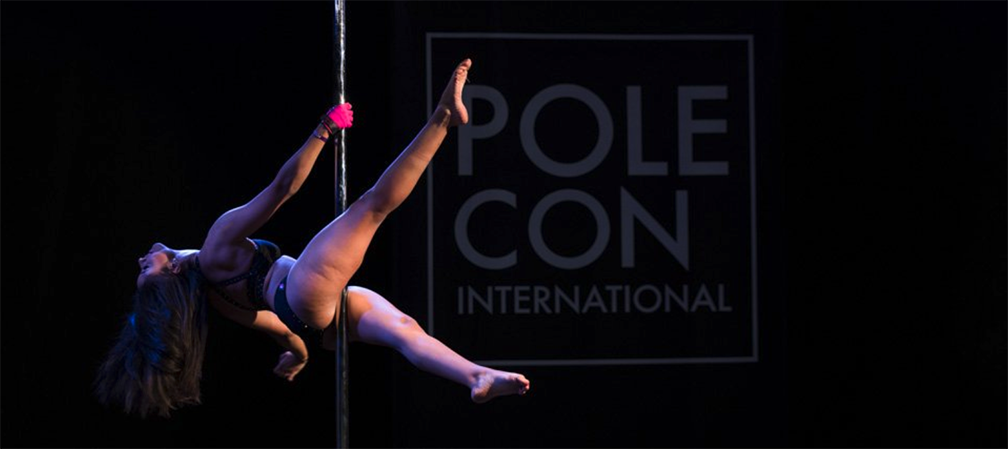You’re doing everything right—Training both sides. Eating well. Hitting the gym and the studio. …But…

How to make a competition training plan
You’ve decided to compete in your first pole competition!
You’ve got your song, your concept and even your costume! Hurray! Now, how to do you actually train for it?
There are a lot of schools of thought on how to train for a competition. Update and modify this methodology and schedule as needed for your unique situation. If you are a super procrastinator – try not to be for this! Starting too late or pushing yourself too hard too fast can be dangerous.
Remember why you are competing
Many people compete for different reasons. Some compete to challenge themselves while others see competitions as a way to gain notoriety in the pole industry. Still others might do it strut their stuff in front of loved ones or for any other number of reasons. Figure out why you’re competing and then don’t forget it!
Start early.
Start working on your routine 3-6 months in advance of the competition date. Starting early allows you plenty of time to perfect harder moves and combos while also allowing that life happens. It can also help prevent injury as you’ll have more time to adjust to practice, spread out over a longer period rather than trying to “cram” and practice every single day. That kind of repetitive stress can be dangerous on your body!
Work around the big stuff.
Everyone has big, life stuff going on. Maybe you have a demanding full-time job or are a parent or maybe you’re also a pole teacher! Whatever big stuff you have, put that in your schedule first. The competition is very important but it’s probably not more important than you grandma’s surprise 90th birthday. Put all your priorities in your calendar so you know what you need to work around in your competition training.
Practice, practice, practice.
Different pole competitors have different metrics for how many times they need to run their routine in its entirety before competition day. Some say 10, some say 100! Generally, the more you run your routine, the more effortless it will become. You will develop muscle memory and the moves that were once really hard and left you breathless will come easily. Once your body knows what it’s doing, you can concentrate on perfecting your expressions and smaller gestures that can add to your piece.
Don’t forget to have fun!
Some competitors want to dance to a song they love and by the time they compete, they’ve heard their song so many times that they hate it! Even though this may be a serious competition for you, know that it can also be fun. Taking breaks from competition prep and maintaining your regular schedule of working out and seeing your pole friends can help balance the stress of performing. If you fell in love with pole because you were always learning something new, it can be really boring to do the same move over and over. Keeping a mostly regular schedule learning new things won’t detract from your training if you start early!
Putting it all together.
Start backwards from your competition date:
- Competition Day! Warm up in exactly the same way you’ve been warming up for your routine. Eat a few hours before your competition and stay hydrated. Remember why you want to compete and stay positive!
- Day before: do whatever self-care makes you feel good. Maybe you take a hot bath or do a relaxing yoga class or get a massage. Visualize having a great performance!
- Week before: run the routine a maximum of 2 times per day, twice a week. Keep your lighter fitness activities such as mobility work to keep your body balanced. Work on positive visualizations several times per week, even when you’re not in the studio. Imagine having a great performance.
- Two weeks before: run the routine a maximum of 3 times per day, three times a week. Keep your regular pole or fitness activities including your competition balance work. Work on positive visualizations several times per week, even when you’re not in the studio. Imagine having a great performance.
- Month before: routine should be 100% DONE. Make sure you’ve been able to run it at a few times a week in its entirety by this point to confirm this is exactly the routine you intend to perform. You should also be practicing/perfecting your combos or passes in pieces, doing your regular pole and fitness routines. Review how your body feels and if you need to change up or add to your balancing activities. Work on positive visualizations several times per week, even when you’re not in the studio. Imagine having a great performance.
- Six weeks before: this is when you decide if you’re really going to keep in that combo that you aren’t quite nailing/that you don’t like/that you’re scared of or replace it with something else. You should be practicing your combos or passes in pieces, doing your regular pole and fitness routines. Add some movements to balance competition training. If you’re only doing an ayesha on your left, make sure to practice a few times on your right. Maintain a positive attitude and self-talk even when things aren’t working out as you expected.
- Two months before: perfect your combos (and put them to music!) and identify where you need more work. Develop the warmup routine that you’ll use to make sure your body is ready for your routine in the same way, every time. Keep your regular pole or fitness activities.
- Three months (or more) before: work on your concept, start getting your combos in order. Make sure you understand the requirements of your competition and stay compliant. Review your strengths and weaknesses physical and mindset. Consider reaching out to a choreographer, a former judge, a coach, or others that could help you on your prep. Keep your regular pole or fitness activities, consider adding more conditioning activities to get your body ready for competition prep!
*note for pole instructors: sometimes it isn’t possible to take time off teaching, even the day of a competition. If you are competing and teaching, try to do lighter work or work on a different body part or even get a more advanced student to demo for you. You want to be as fresh as possible! Starting early is key for pole instructors, working in additional competition training will be more challenging on the body and puts you at a greater risk for an overuse injury.
Competing can be both exhilarating and stressful. Start early, make a plan, and update that plan as needed for your situation. You can’t control who you compete against or what they are going bringing to that competition—instead focus on the things you can control like your competition prep which includes physical preparation and mindset!
Read more tips for competitors at this link.
Latest posts by Colleen (see all)
- Interview with New PoleCon Instructor: Melonsl - May 9, 2025
- PoleCon Hub Page: PoleCon Info - April 25, 2025
- Interview with New PoleCon Instructor: Aerial Crystal - April 4, 2025


